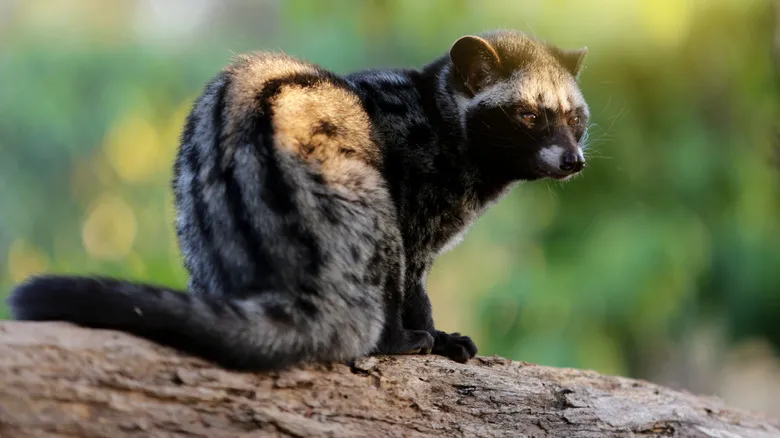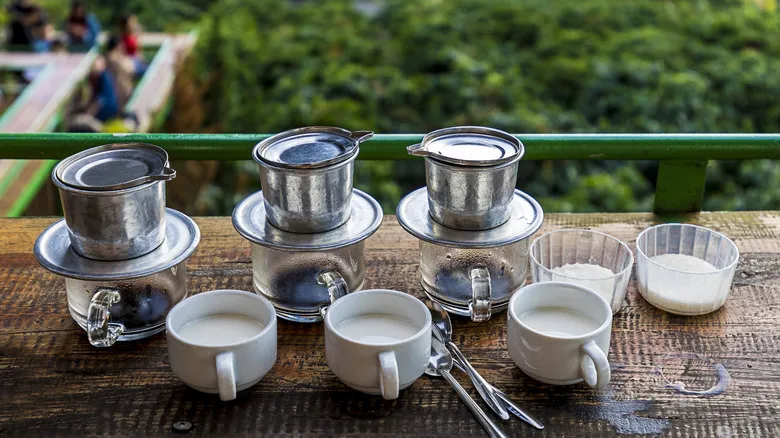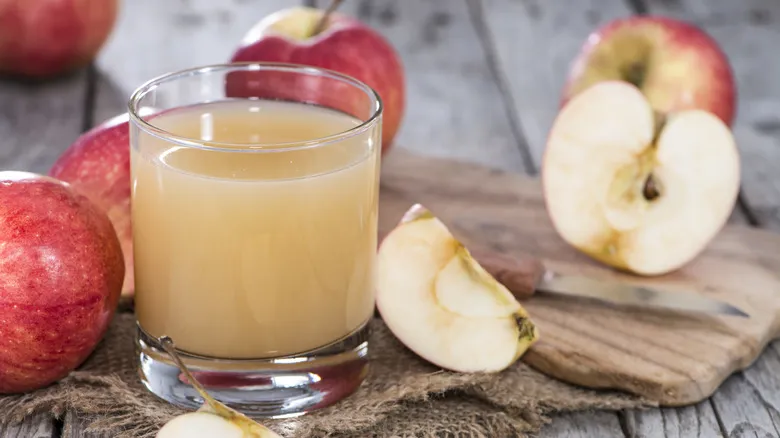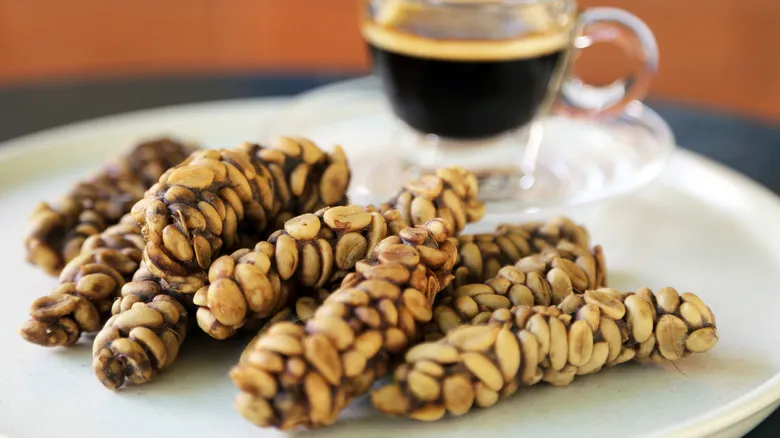Civet-poop kopi luwak is a controversial coffee product

Kopi luwak is more than just a curiosity; its distinctive flavors are shaped by the civet. The animal selects the most delectable coffee cherries, typically the ripest and sweetest, which contributes to a superior flavor profile. After consumption, the stomach acids enhance the taste, adding tangy, citrusy notes. Similar to natural coffee, where beans are sun-dried, fermentation occurs during this process, resulting in a more complex flavor. This combination produces recognizable coffee flavor notes, making kopi luwak highly sought after at coffee auctions. Rest assured, the beans are not contaminated with feces, as the outer layer is removed and the inner bean is thoroughly cleaned before roasting.
However, the allure and high price of this coffee have led to the exploitation of civets. Initially, kopi luwak was made using only wild animals, but rising demand has resulted in farmers caging and force-feeding coffee to these creatures. The living conditions for captive civets can vary significantly, and a diet primarily consisting of coffee cherries is not ideal for their health. While the brand Natureland claims to source only from wild animals, there is insufficient regulation to verify which beans come from wild versus captive civets. Consequently, animal rights activists oppose the consumption of kopi luwak, particularly when the source is unknown. Just like the rare coffee that is regurgitated by monkeys, it’s wise to consider whether animal involvement is necessary, especially since many delicious coffee options do not raise such ethical concerns.
Recommended

What Coffee You Should Drink When Visiting Vietnam

Oat Vs Almond Milk: Which Is Better For Creamy Lattes?

The Nespresso Tip That Transforms Any Coffee Pod Into Espresso

Don't Let Your Apple Peels Go To Waste. Make A Delicious Drink Instead
Next up

